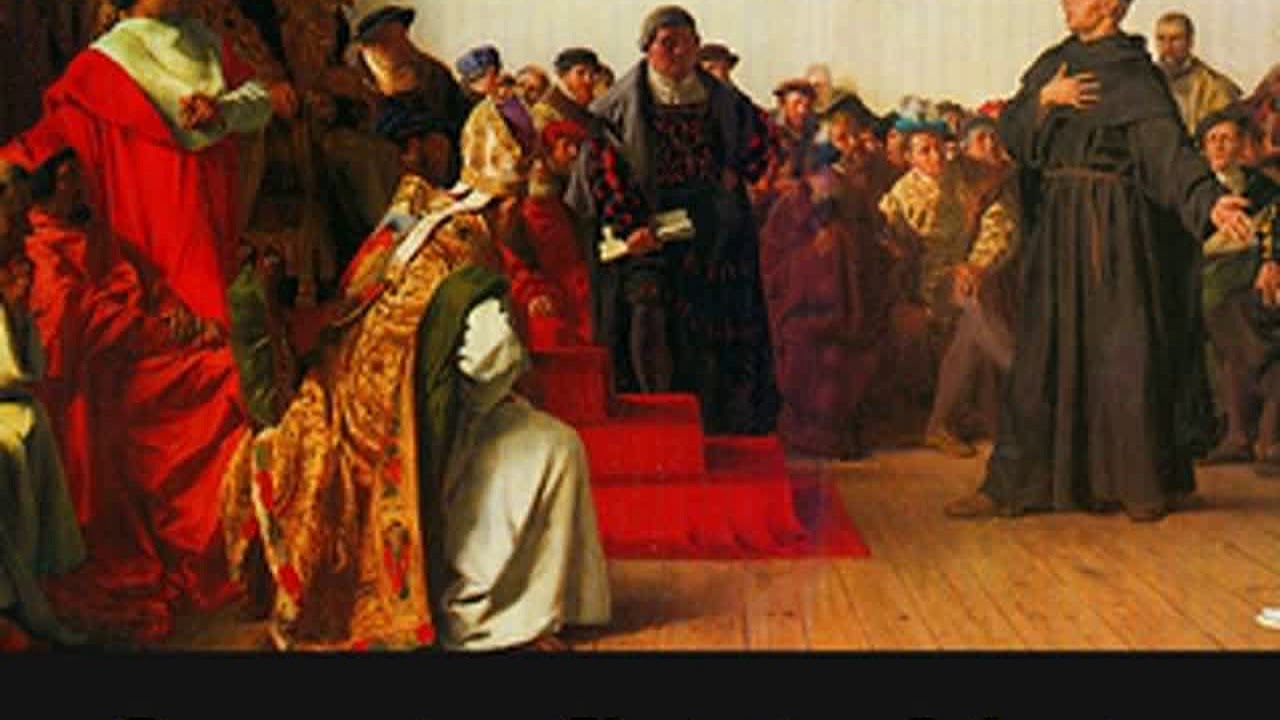In 1520 Martin Luther wrote On Christian Liberty. Considered to be “the most beautiful” of Luther’s writings, the Treatise on the Liberty of a Christian Man (its correct formal title) was an affirmation rather than a protest. Luther said he was sending his long essay as a gift to Pope Leo X.
Many have thought Christian faith to be an easy thing, and not a few have given it a place among the virtues. This they do because they have had no experience of it, and have never tasted what great virtue there is in faith. For it is impossible that anyone should write well of it or well understand what is correctly written of it, unless he has at some time tasted the courage faith gives a man when trials oppress him. But he who has had even a faint taste of it can never write, speak, meditate, or hear enough concerning it.
For it is a living fountain springing up into life everlasting, as Christ calls it in John 4. For my part, although I can have wealth of faith to boast of and know how scant my store is, yet I hope that, driven about by great and various temptations, I have attained to a little faith, and that I can speak of it, if not more elegantly, certainly more to the point, than those literalists and all too subtle disputants have hitherto done, who have not even understood what they have written.
That I may make the way easier for the unlearned— for only such do I serve—I set down first these two propositions concerning the liberty and the bondage of the spirit:
A Christian man is a perfectly free lord of all, subject to none.
A Christian man is a perfectly dutiful servant of all, subject to all.
Although these two theses seem to contradict each other, yet, if they should be found to fit together they would serve our purpose beautifully. For they are both Paul’s own, who says, in I Corinthians 9, “Whereas I was free, I made myself the servant of all,” and Romans 8, “Owe no man anything, but to love one another.” Now love by its very nature is ready to serve and to be subject to him who is loved. So Christ, although Lord of all,
was made of a woman, made under the law, and hence was at the same time free and a servant, at the same time in the form of God and in the form of a servant.

